Kenyan MPs Target More Hospitals in Organ Trafficking Scandal

The Kenyan healthcare sector is under intense scrutiny as a parliamentary inquiry commences into allegations of illicit human organ trafficking, with potential ramifications for multiple hospitals and medical professionals across the country.
The investigation, initiated by the National Assembly Departmental Committee on Health, will span 90 days, focusing on malpractice, ethical breaches, and unlawful kidney transplant procedures, with Mediheal Group of Hospitals currently at the epicentre of the probe. The probe stems from increasing concerns that a deeply rooted criminal syndicate has been exploiting vulnerable individuals, particularly those from economically disadvantaged backgrounds.
Lawmakers and witnesses suggest the illegal trade is facilitated by a network of unscrupulous actors, encompassing licensed and unlicensed medical facilities, middlemen, and clinics operating beyond regulatory oversight. The inquiry follows a government directive to establish a 13-member team tasked with examining the allegations and identifying all implicated hospitals. The investigation promises to reveal the full extent of the malpractice.
Benard Kitur, the Nandi Hills Member of Parliament and a key witness in the investigation, characterised the situation as a deeply entrenched criminal enterprise. He detailed how the illegal trade operates through a network of unscrupulous actors, including licensed and unlicensed medical facilities, middlemen, and unregulated clinics. Victims are allegedly deceived into consenting to organ transplants under false pretences or enticed with promises of financial compensation.
While Mediheal Group of Hospitals has emerged as the primary focus of the investigation, mounting evidence suggests the illicit trade is part of a broader, more intricate system involving multiple healthcare institutions. Mr. Kitur revealed that victims were initially tested at other hospitals before undergoing kidney transplants at Mediheal. These allegations raise concerns about the broader network facilitating these procedures, suggesting that the issue is not isolated to one institution.
The case of Emmanuel Kipkosgey has emerged as a focal point in the investigation. Kipkosgey claims he had his kidneys harvested under deceptive circumstances. According to Mr. Kitur, Kipkosgey was promised KSh1.2 million in exchange for his organs but received only KSh50,000 before the operation and KSh400,000 afterwards. The remaining balance was never paid. Kipkosgey's health has reportedly deteriorated since the operation, leaving him in a precarious situation without the promised compensation.
Dr. James Nyikal, chair of the committee, expressed concerns about the procedural irregularities surrounding these transplants, particularly the lack of transparency regarding the initial medical assessments. Dr. Nyikal questioned where Kipkosgey was first tested before undergoing the transplant, emphasising the need for clarity on the role of other hospitals in the syndicate.
Several lawmakers have advocated for a broader investigation beyond Mediheal. Kilgoris MP Julius Sunkuli raised concerns about the deliberate withholding of information, particularly the refusal to name the hospital where Kipkosgey was first tested. He questioned whether there was a valid reason for concealing such critical details, warning that a lack of transparency could undermine the integrity of the inquiry.
Echoing these sentiments, Endebess MP Dr. Robert Pukose, a medical doctor, emphasised that the issue is not isolated to one hospital. He calls for a comprehensive investigation to capture the full extent of the illegal trade, noting that multiple facilities may be complicit in unethical organ procurement practices. Dr. Nyikal has acknowledged these concerns. The revelations have exposed significant gaps in Kenya's healthcare regulatory framework, allowing illegal organ trade to flourish unchecked.
Mr. Kitur noted that the syndicate has operated for years by exploiting loopholes in medical oversight, enabling rogue practitioners and middlemen to prey on unsuspecting individuals. He described how brokers approached young men in shopping centres, offering them an easy way to make money by undergoing a simple medical procedure. Many victims were unaware of the full implications of the surgeries, believing they were participating in legitimate medical programs.
The inquiry is expected to examine existing regulations governing organ transplants and identify weaknesses that have enabled the illicit trade to persist. Lawmakers have called for stricter enforcement mechanisms, including the revocation of licenses for implicated hospitals and practitioners found guilty of malpractice. Victims, often from marginalised communities, are left in deteriorating health conditions with little recourse for justice. Many are promised financial compensation that never materialises, leaving them in financial distress and medical uncertainty.

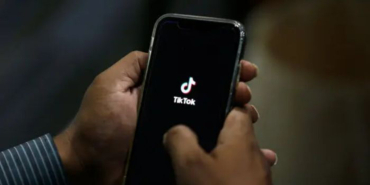
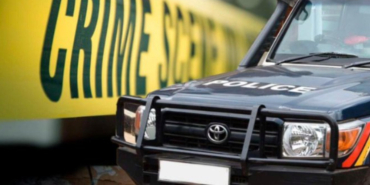
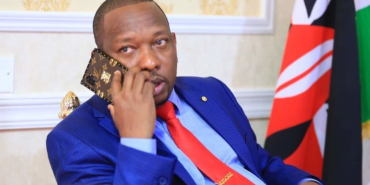
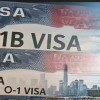
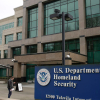


Add new comment